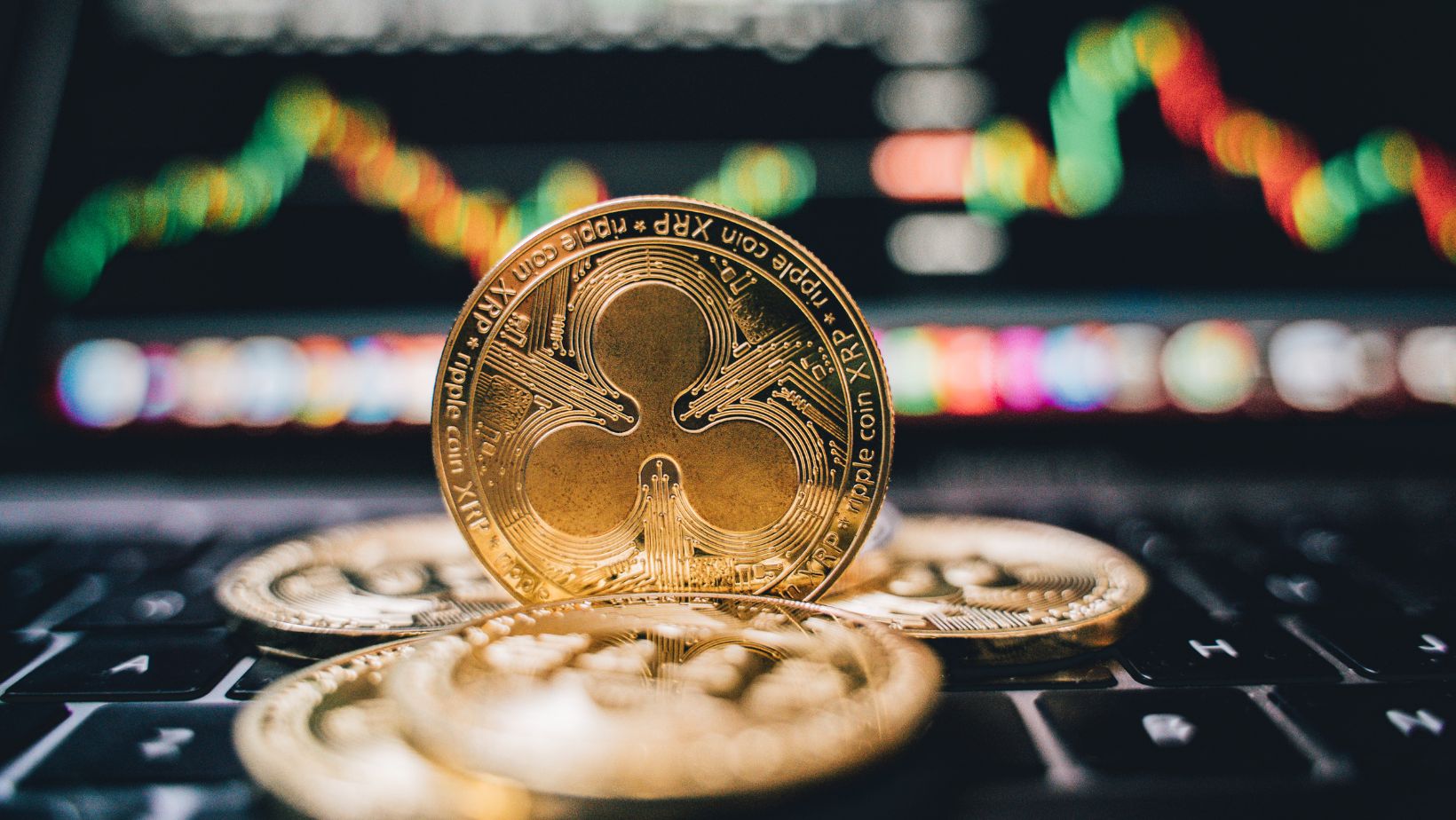
The Decentralized Finance (Defi) Sector Has Been Identified As The Most Vulnerable.
All registered incidents this year fall into this category. Ethereum emerges as the primary blockchain, witnessing 33 alarming incidents, followed by the BNB chain with 14 incidents, Arbitrum with 6, and Solana and Bitcoin each reporting 2 incidents.
To address these vulnerabilities, Smart Betting Guide professionals offer cryptocurrency users several important tips to secure their assets. Key recommendations include refraining from cloud storage of passwords and seed phrases crucial for accessing crypto wallets and exchanges. Instead, users are advised to physically safeguard this information to prevent unauthorized access.

Furthermore, opting for hardware wallets over exchange-based storage offers a more secure alternative, shielding users from online attacks and potential exchange failures. The article explores why hardware wallets outshine exchanges when storing your cryptocurrency, citing the FTX crash as a stark warning of risks associated with storing cryptocurrencies on exchanges where billions have been lost. Analysts describe hardware wallets, or cold storage, as a means to safeguard your private keys from online hackers and the volatile grounds of exchange platforms.
The guide also emphasizes the importance of conducting thorough research before investing in any cryptocurrency projects, cautioning against scams such as “rug-pulls.” Potential investors are advised to carefully scrutinize the reliability of project developers, the fine print of technical documents, measures taken to secure liquidity, and the presence of third-party audits. This is crucial to verify the authenticity and safety of their investments, as highlighted in the research.
Additional security measures include vigilance towards counterfeit apps and exchanges, often targeting unsuspecting investors. Users are urged to rely on official sources for app downloads and to approach apps with low downloads or dubious developer credentials with skepticism.
Finally, to protect not only cryptocurrency assets but also personal data, general cybersecurity practices are recommended, such as preventing suspicious emails, enabling two-factor authentication, and avoiding dubious online offers.
The Main Mistake Still Lies In People’s Gullibility.
According to the Better Business Bureau, cryptocurrency and other investment scams currently pose the highest risk of fraud in the United States, with crypto scammers often deceiving their victims out of thousands of dollars.

Scammers have found creative ways to lure investors into parting with their money, as stated in the BBB’s annual report on the largest scams of 2023, based on 67,000 fraud reports.
BBB data indicates that around 80% of Americans who fell victim to cryptocurrency and investment fraud last year suffered financial losses. The average loss in dollars amounted to $3,800, “but many people lose much more” due to cryptocurrency scams, reported Anna Werner, a CBS News correspondent specializing in national consumer investigations.
Hackers use social media, gaming platforms, or text messages to reach out to people and boast about how well their financial situation is due to cryptocurrency investments. Once the target responds, the conversation quickly turns into a pitch, explained Werner.
“This is where scammers pressure you to buy, trade, or store digital assets like cryptocurrencies on fraudulent exchanges,” Werner said.















